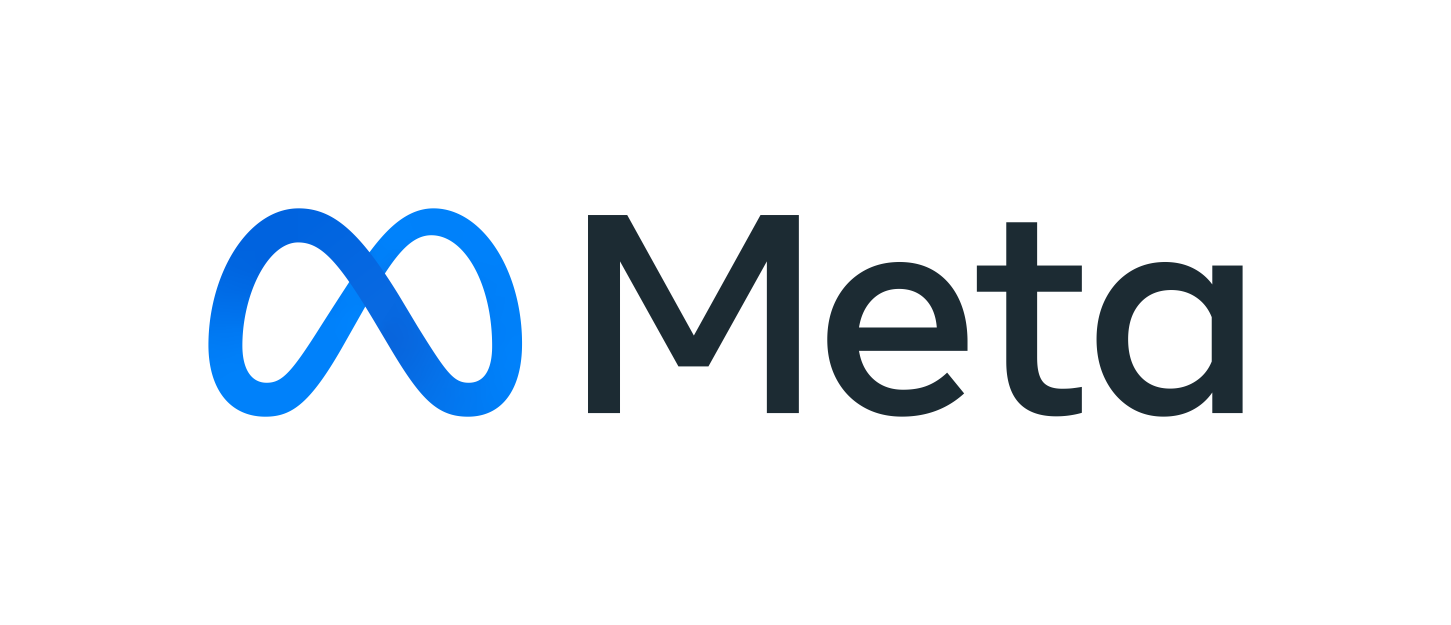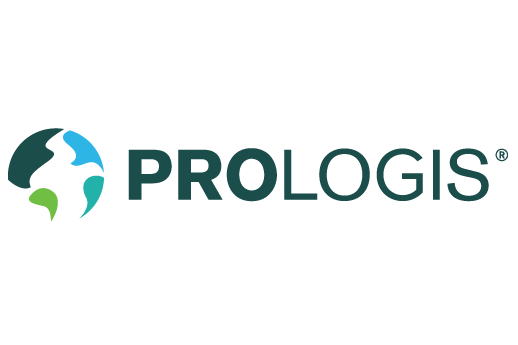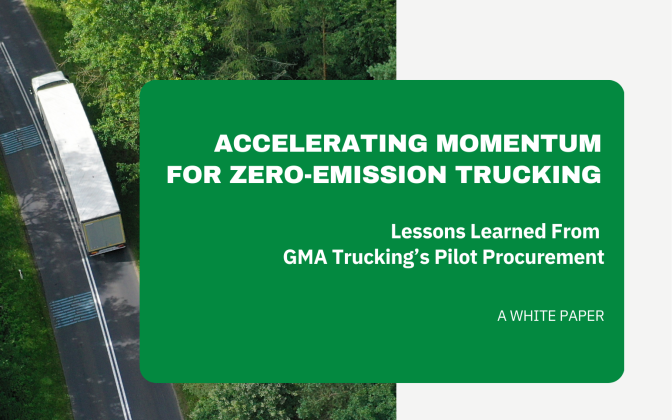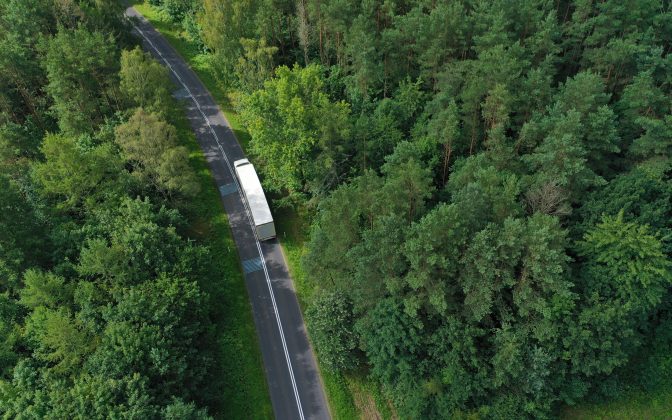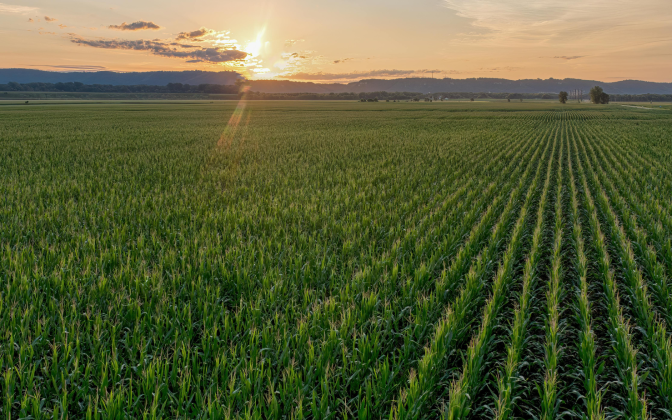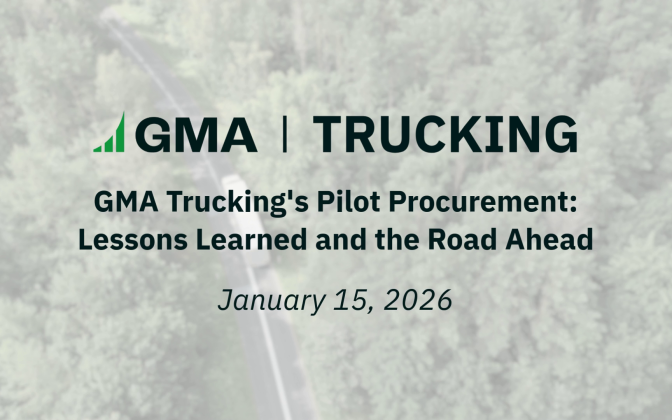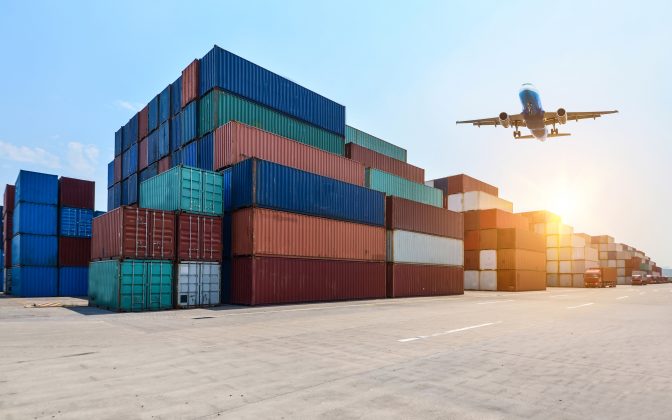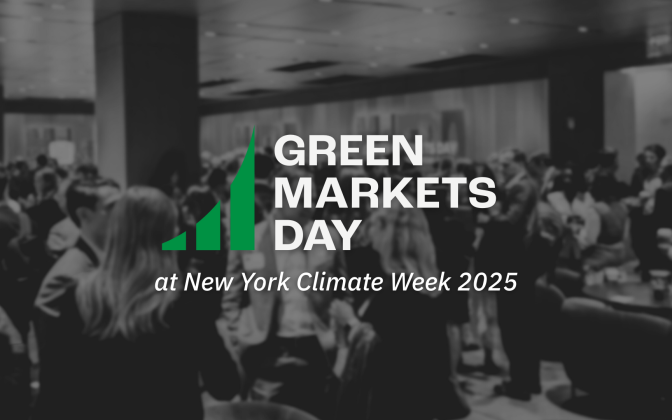of the built environment
Introducing the Sustainable Concrete Buyers Alliance
Concrete is a vital material for the construction of buildings and infrastructure, accounting for approximately 8% of all global CO2 emissions, and demand is expected to grow significantly by 2050. It is a mix of water, aggregates and cement, the latter made largely from clinker; a heat-intensive binder responsible for up to 90 percent of concrete’s carbon footprint. Each stage of concrete production offers opportunities to reduce emissions, yet, while low-emissions solutions exist, supply is limited and carries a price premium compared to conventional products. Concrete and upstream producers need clear signals that there is sizable demand for low-emissions products to justify the high capital costs required to finance low-carbon cement and concrete production.
That’s why GMA and RMI have partnered to form the Sustainable Concrete Buyers Alliance (SCoBA), a coordinated platform that aggregates demand from end-use customers to channel investment into real offtake agreements – giving low-carbon cement and concrete producers the confidence to invest at scale. SCoBA helps accelerate the market by providing clear demand signals through group procurements, with the ultimate goal of enabling dramatic reductions to embodied emissions in the built environment.
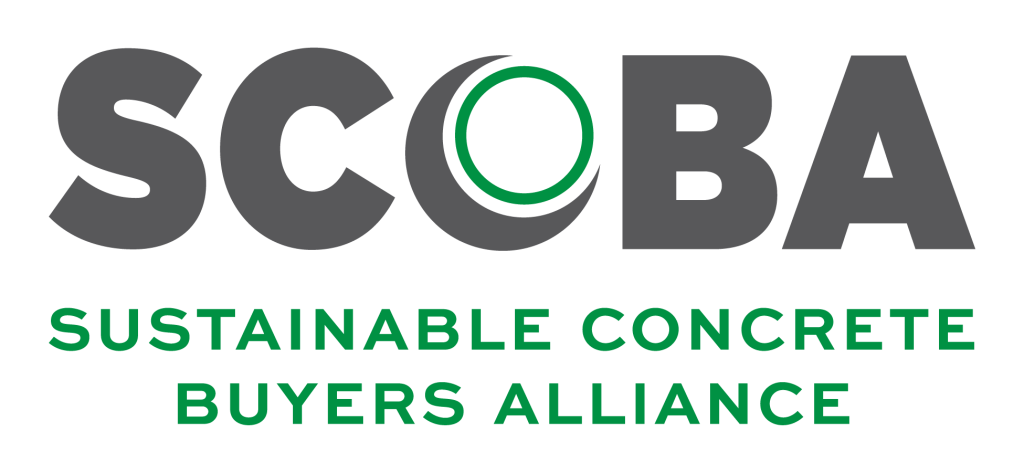
New Investment Pathways
ScoBA builds on the work of other successful buyers alliances such as the Sustainable Aviation Buyers Alliance (SABA), GMA Trucking, and the Sustainable Steel Buyers Platform. Beginning in 2024, GMA and RMI have engaged diverse industry stakeholders to design and implement a new, standardized book and claim system specifically for cement and concrete. SCoBA will leverage that system to aggregate demand, identify and facilitate project opportunities, and accelerate the scale up of technologies that support deep decarbonization.
What’s Next:
In February of 2026, GMA and RMI are expected to publish a book and claim framework for low-carbon cement and concrete products. The framework reflects more than a year of collaboration and iteration with a Working Group of 30+ experts from across the cement and concrete value chain, and aims to generate a representative, sector-specific perspective on how book and claim should be applied in the cement and concrete industry. Its goal is to create a widely applicable opportunity for market actors to engage in book and claim, creating greater confidence and bankability of environmental attribute certificate (EAC) mechanisms and ultimately contributing to industry decarbonization goals.
The book and claim framework will be leveraged to launch a first of its kind, coordinated procurement effort from the Sustainable Concrete Buyers Alliance (SCoBA), expected in late March of 2026.
Understanding book and claim for low-carbon cement and concrete
Book and claim is a market-based system that allows the environmental benefits of a product, like low-carbon cement and concrete, to be decoupled from its physical delivery. This system enables buyers to financially support sustainable production, regardless of where the materials are used, offering flexibility and scalability in decarbonization strategies. Book and claim is particularly effective in industries with complex supply chains in the beginning phases of technological transformation, allowing companies to make credible emissions reduction claims while accelerating market transformation.
In August 2025, GMA and RMI published a draft book and claim framework for low-carbon cement and concrete products. The framework reflects months of collaboration and iteration with a Working Group of more than 30 experts from across the cement and concrete value chain, a process that began in December 2024.
This draft framework aims to generate a representative, sector-specific perspective on how book and claim should be applied in the cement and concrete industry. The proposal is an effort to create a widely applicable opportunity for market actors to engage in book and claim, creating greater confidence and bankability of environmental attribute certificate (EAC) mechanisms and ultimately contributing to industry decarbonization goals.
Download the draft framework here.
A public comment period was open from August 27 – September 19, 2025. Publication of the final framework is expected in Q1 2026.
To learn more about becoming a SCoBA member or participating in the upcoming pilot procurement, email info@buildscoba.org.
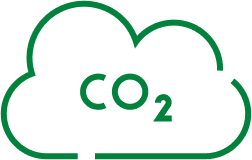
Cement and concrete make up 8% of global emissions

Demand for concrete and cement is expected to grow 40% by 2050
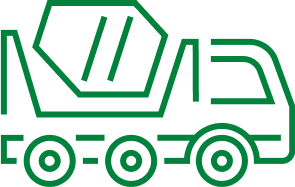
End users lack clarity on how to reach their ambitious climate targets
SCoBA’s Areas of Work
Develop sector-specific guidance on GHG measurement and accounting to enable high-integrity Scope 3 claims.
Enable transparent and standardized claiming of environmental attribute certificates (EACs) via an independent, public-facing registry.
Establish sustainability and chain of custody principles for EACs, building on existing systems where possible.
Aggregate demand and coordinate procurement of low-carbon concrete attributes to help companies meet climate targets and drive investment to catalyze production of more sustainable construction materials.
Program Members


